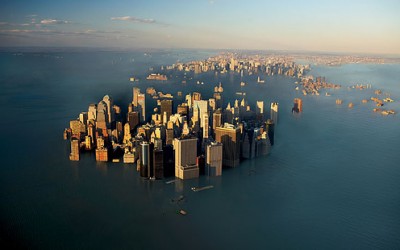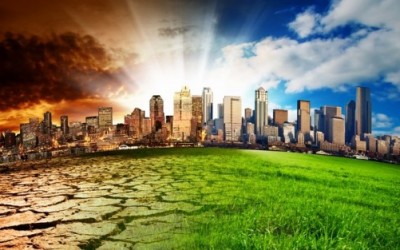Why do we demolish buildings instead of deconstructing them for re-use?
...and the energy required to process them. And every home deconstructed created about twice as many jobs as a demolition. Today, more than 20 years after Reiff first started reselling...
Posted On 14 Oct 2018









